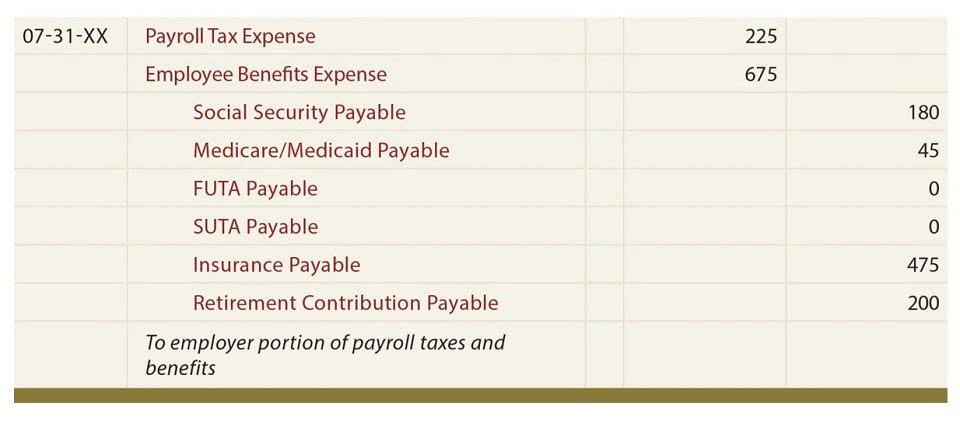
Forecasting, on the other hand, benefits from the clarity provided by accrual accounting. By analyzing trends in revenues accrual vs deferral and expenses as they are recognized, rather than when cash is exchanged, companies can predict future financial positions with greater accuracy. This is particularly useful for long-term forecasting, where the timing of cash flows may be less indicative of a company’s ongoing financial health than the recognition of revenues and expenses. Deferral accounting’s impact on forecasting is also significant, as it requires companies to consider the timing of revenue recognition and expense matching. This can affect projections for cash flow and profitability, especially in industries with long-term contracts or subscription-based revenue models. The timing of revenue and expense recognition inherently creates differences in financial reporting.

Deferred Expenses
Deferred expenses are expenses for which the business has already paid for but have not consumed the related product yet. Deferred incomes are the incomes of a business Online Accounting that the customers of the business have already paid for but the business cannot recognize as income until the related product is provided to the customers. For example, some products, such as electronic equipment come with warranties or service contracts for 1 year. Since the business has not yet earned the amount they have charged for the warranty/service contract, it cannot recognize the amount received for the contract as an income until the time has passed. Two such concepts that are important in the accounting system of a business are the accruals and deferrals concepts. These concepts of accrual vs deferral are important concepts that play a vital role in the recognition of incomes and expenses of a business.
What distinguishes accounts receivable from unearned revenue?
It involves the use of accruals and deferrals to adjust for transactions that have not yet been recorded. On the other hand, deferral accounting recognizes revenue and expenses when cash is received or paid, without considering the timing of economic activities. While simpler to Interior Design Bookkeeping implement, it may not provide an accurate reflection of a company’s financial performance. Understanding the attributes of accrual and deferral accounting is essential for businesses to choose the most appropriate method for their financial reporting needs. The presentation of financial statements is designed to offer a clear and comprehensive view of an organization’s financial activities. Accrual and deferral accounting methods both play a role in shaping these documents.
Accrual Transactions

Cash accounting may give a partial view of long-term profitability, so consider moving to accrual accounting as your business grows. This is especially important if you’re planning for investment, expansion, or complex projects. Because it blends two systems, the hybrid method requires consistent management to avoid errors. Collaborating with an accountant can help ensure smooth and accurate reporting so your business remains compliant and your financial insights stay reliable.

Accrual accounting records revenues and expenses when they are earned or incurred, regardless of when cash transactions occur. This means revenue is recognized when it’s earned, and expenses are recorded when they’re incurred, even if cash hasn’t exchanged hands yet. For instance, a company might recognize revenue for services rendered in December, even if payment isn’t received until January. In contrast, deferral accounting postpones the recognition of revenue or expenses until a later accounting period, typically when cash is received or paid.
- It reflects the impact of deferral accounting through line items such as prepaid expenses and deferred revenue, which indicate future expenses and income.
- Whether or not cash has been received, expenses incurred to create income must be reported.
- Their purpose is to make reading accounting transactions consistent and comparable.
- On the other hand, deferral accounting delays recognizing revenue or expenses until cash is received or paid.
- Yes, deferred revenue is considered a liability because it represents revenue that has been earned but not yet received.
- On the other hand, accrued expenses are expenses of a business that the business has already consumed but the business is yet to pay for it.